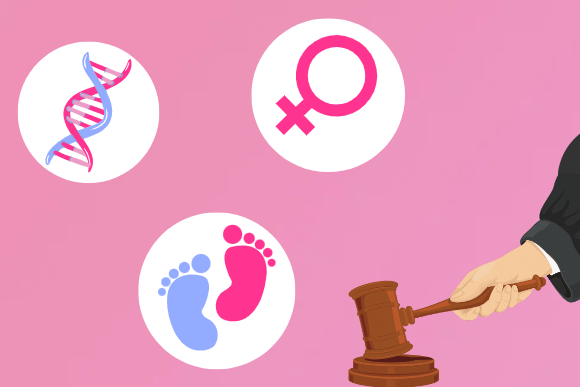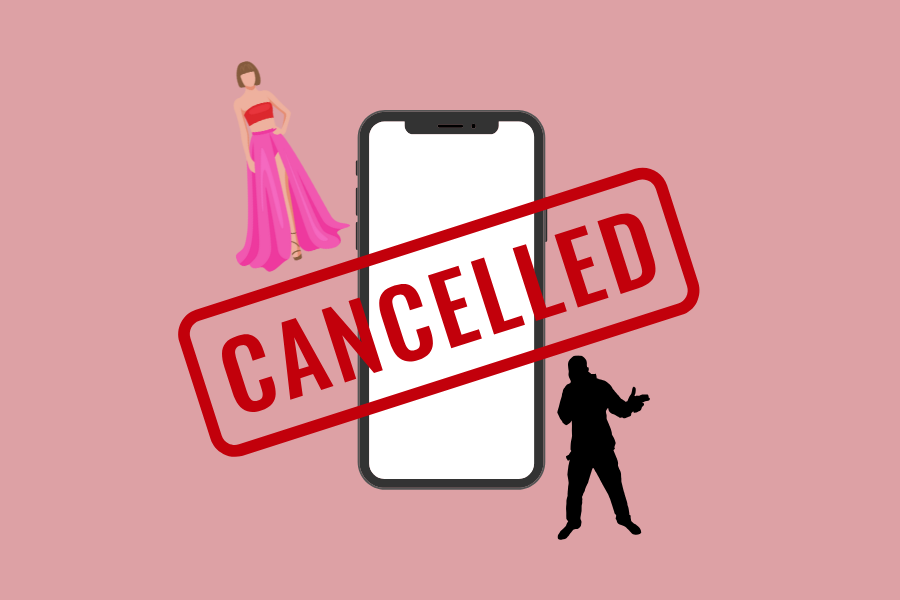
On Feb. 16, the Alabama Supreme Court ruled that embryos created and stored in a medical facility must be considered children in the state’s Wrongful Death of a Minor Act. The court’s ruling came after the court reached a consensus on the case of three couples who filed a wrongful death lawsuit against an Alabama fertility clinic when their embryos were accidentally destroyed. An immediately controversial decision, the ruling has a myriad of harmful implications that will negatively affect anyone seeking fertility treatments in Alabama.
The Alabama ruling is a significant development in the ongoing legal debate over whether or not life begins at conception, which goes hand in hand with debates over abortion rights. Alabama’s decision that legally establishes that embryos must be considered people is an unscientific definition of personhood. Anyone with eyes and a basic understanding of biology knows that a fertilized embryo is not the same as a human baby, and treating it as such is simply illogical.
However, a clear religious bias from the court obviously affected the decision. In his concurring opinion, Chief Justice Tom Parker wrote that prior to being born, babies are still God’s creation, “cannot be wrongfully destroyed,” and to destroy them would be an affront to God’s plan. Parker’s overt theological references indicate a conflict of interest. Clearly, Parker’s decision is guided by his own religious doctrine, not solely the law. This is immoral, and indicative of an ulterior motive behind this ruling. These justices do not have medical expertise and have overstepped their bounds by classifying something that exists outside of the human body, and is created in a medical facility as a person.
While anti-abortionist activists supported the ruling, the most immediate effects of this ruling weren’t on women seeking to terminate their pregnancies. Rather, people who were seeking to use fertility processes, such as In-Vitro Fertilization (IVF), to try and become pregnant were adversely affected most. Initially, IVF treatments were paused in the wake of the decision as clinics attempted to discern what would be legal going forward.
IVF is a scientific process involving the combination of a sperm and an egg in a lab that many people rely on to start a family. However, it can be fickle. Embryo transfers in the IVF process don’t always take the first time around, and multiple embryos need to be created and stored to maximize the success of the process. Because the ruling potentially criminalized standard fertility procedures that are necessary to successfully transfer an embryo, many people lost access to this treatment while the legality of IVF was in debate.
In the weeks following the initial ruling Alabama lawmakers began the process of creating policies and regulations to protect IVF. Under these new laws, if an embryo is accidentally destroyed during the IVF process, then providers will not be allowed to be held legally responsible. The primary goal of these laws is to allow the IVF processes that were paused in the wake of the decision to be resumed. However, this new legislation doesn’t correct the fundamental issues of the ruling. While it’s a somewhat reassuring step forward, it doesn’t negate the fact that because of the Court’s decision, embryos and people are considered the same in the eyes of the law. Despite these new protections, the laws are ultimately a band-aid on the bullet wound of the ruling. This ruling has set a legal precedent, and the ramifications of it will undoubtedly disproportionately affect the LGBTQA+ community, as well as men and women who struggle with infertility.
While the ruling doesn’t affect fertility procedures in other states, it sets a potentially harmful precedent. For other similarly right-wing states, the ruling could act as a catalyst for reexamination of their own reproductive laws. It is unlikely that the case will move forward to the Supreme Court anytime soon, as the decision is based in Alabama’s state court. While the new protections for IVF help to alleviate some concerns, reproductive rights as a whole are still in limbo in Alabama, many other conservative states, and the rest of the country as reproductive rights remain a hot topic in the upcoming presidential election.
With the overturning of Roe v. Wade in 2022, reproductive rights in America have been under legal attack from conservatives for approximately two years. The Alabama embryo ruling comes as an unpleasant reminder that female bodily autonomy and reproductive rights are still not a guarantee for women who live in more conservative states. The fact that courts filled with old white men are still being allowed to determine issues unique to those with uteruses is appalling. Everyone with female anatomy deserves to have autonomy and control over their bodies, and rulings such as this one continue to keep it out of their hands.













